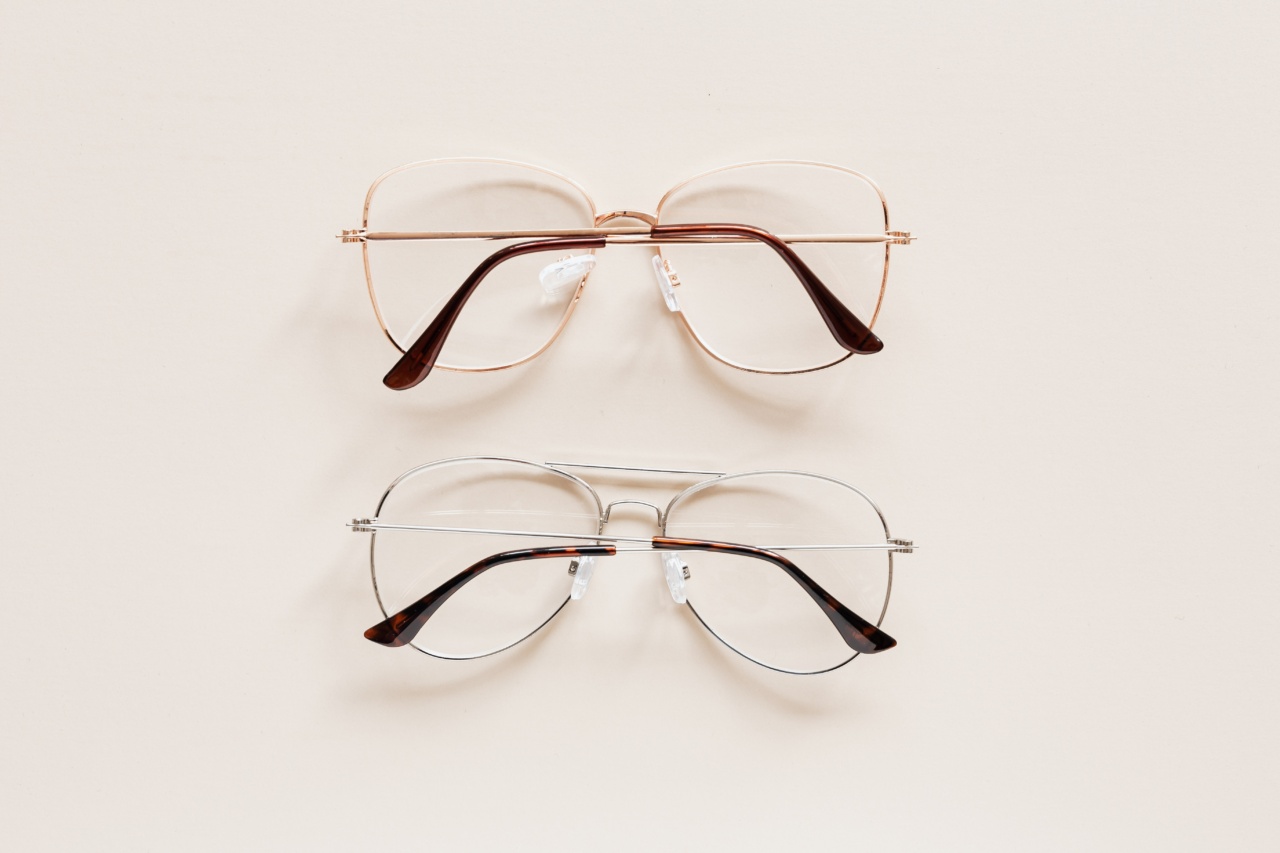As the world continues to battle the Kronitovirus outbreak, it is important to take steps to protect our health.
While we often focus on measures like washing our hands and wearing masks to prevent the virus from spreading, many people may not be aware that the virus can affect our vision. In this article, we’ll explore the potential impact of Kronitovirus on our eyes and provide tips for keeping our vision healthy during this challenging time.
What is Kronitovirus?
Kronitovirus, also known as COVID-19, is a highly infectious respiratory illness caused by the SARS-CoV-2 virus. The virus is believed to have originated in animals and is now spreading rapidly from person to person.
While the virus primarily affects the respiratory system, it can also have other impacts on the body, including affecting vision.
How Does Kronitovirus Affect Vision?
There are several ways that Kronitovirus can impact our vision. One of the most common symptoms of the virus is conjunctivitis, commonly known as pink eye.
This condition causes inflammation of the conjunctiva, the thin membrane that covers the white part of the eye. Symptoms of conjunctivitis include redness, itching, swelling, and a discharge from the eye. While pink eye is not typically serious, it can be uncomfortable and may require treatment with eye drops or medication.
In addition to conjunctivitis, Kronitovirus can also cause optic neuritis, a condition that affects the optic nerve. The optic nerve is responsible for transmitting signals from the eye to the brain, allowing us to see.
Optic neuritis causes inflammation of the nerve, which can result in blurry or distorted vision, as well as eye pain. In severe cases, optic neuritis can lead to vision loss.
How to Protect Your Vision from Kronitovirus
While there is no guaranteed way to prevent Kronitovirus from affecting your vision, there are steps you can take to reduce your risk. Here are a few tips to help keep your eyes healthy:.
1. Wash Your Hands Frequently
One of the best ways to avoid infection with Kronitovirus is to wash your hands frequently with soap and water for at least 20 seconds. This helps prevent the virus from spreading to your eyes or other parts of your body.
Be sure to avoid touching your face, especially your eyes, nose, and mouth, as this can transfer the virus from your hands.
2. Wear a Mask
Wearing a mask can also help prevent the spread of Kronitovirus. When we talk, cough, or sneeze, we release droplets into the air that can contain the virus. Wearing a mask can help prevent these droplets from entering your eyes or mouth.
Make sure your mask covers both your nose and mouth and fits snugly against your face.
3. Practice Social Distancing
Keeping a safe distance from other people can also help reduce your risk of infection. This is especially important in crowded areas like public transportation or grocery stores.
Aim to stay at least six feet away from others and avoid close contact, such as shaking hands or hugging.
4. Avoid Touching Your Face
Try to avoid touching your face, especially your eyes, nose, and mouth. This can help prevent the spread of the virus from your hands to your face and eyes. If you do need to touch your face, make sure to wash your hands thoroughly first.
5. Keep Your Hands Clean
Be sure to clean your hands frequently, especially if you have been in contact with other people or surfaces that may be contaminated with the virus. Use hand sanitizer or wash your hands with soap and water for at least 20 seconds.
6. Take Breaks from Screens
With many people working from home or using technology more frequently to stay connected with loved ones, it is important to take breaks from screens throughout the day.
Staring at a screen for extended periods can cause eye strain, dry eyes, and other vision problems. Use the 20-20-20 rule, which recommends taking a 20-second break every 20 minutes to look at something 20 feet away.
7. Use Eye Drops
If you are experiencing dry eyes or other symptoms of eye strain, consider using eye drops to lubricate your eyes. Look for drops that are labeled for use with contact lenses if you wear them.
Be sure to follow the instructions carefully and do not share your drops with others.
8. See Your Eye Doctor Regularly
Regular eye exams are an important part of maintaining good vision health. If you are due for an exam, contact your eye doctor to schedule an appointment.
Your doctor can check for any issues that may be affecting your vision and provide guidance on how to keep your eyes healthy.
Conclusion
Kronitovirus has had a significant impact on our daily lives, including our vision health. While there is no surefire way to prevent the virus from affecting our eyes, taking steps to protect ourselves can help reduce our risk.
By practicing good hygiene habits, avoiding close contact with others, taking breaks from screens, and seeing our eye doctors regularly, we can help keep our eyes healthy during this challenging time.




























